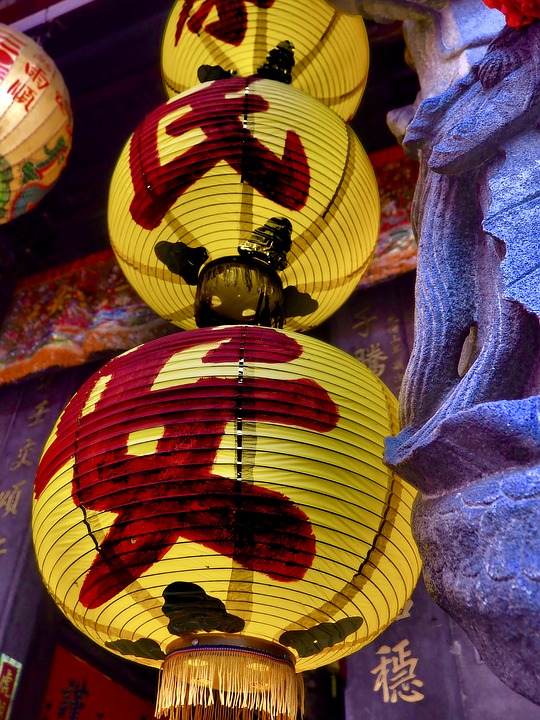China Enchanted: The Late Enlightenment Invention of "Eastern Wisdom"
Lecture by Alexander Statman (Global Intellectual History Graduate School, Berlin), organized by the HPST research group in the Arts Faculty, 5 Sept. @ 2.30-4.00 pm, room 1467-316

Abstract
By the end of the Enlightenment, Europeans had come to see China as a land enchanted – mysterious, exotic, superstitious and strange. This, however, was a very new idea, indeed a complete reversal; China had for centuries served rather as an example of reason and a familiar model for reform. In this talk, I trace the origins of modern Western engagement with the intellectual tradition of China to a conversation that took place at the end of the eighteenth century between a group of missionaries, statesmen, soldiers and scholars in Paris and Beijing. I argue that the end of the Enlightenment was characterized not by a rejection of Chinese thought, but by a shift in which elements of it were deemed interesting, from Confucianism to Daoism. The result was both the banishment of China from the history of philosophy and the birth of professional sinology. At the same time, I argue that this involved a genuine cross-cultural engagement, showing that indigenous knowledge from China was deployed in key debates about historical progress and philosophical materialism. China challenged emerging Enlightenment notions of human civilization and helped create alternatives that remain influential today.
